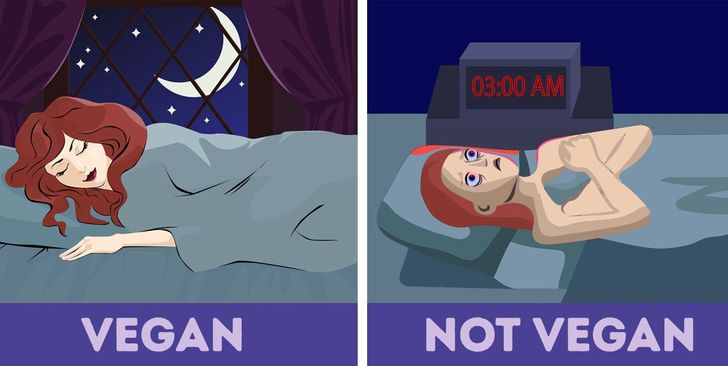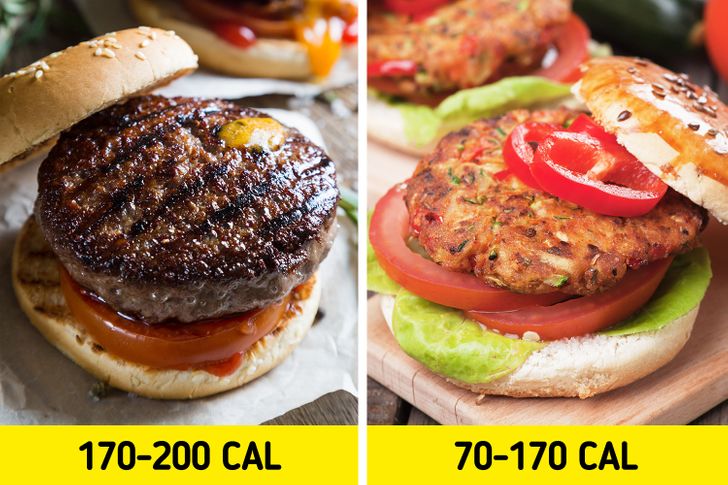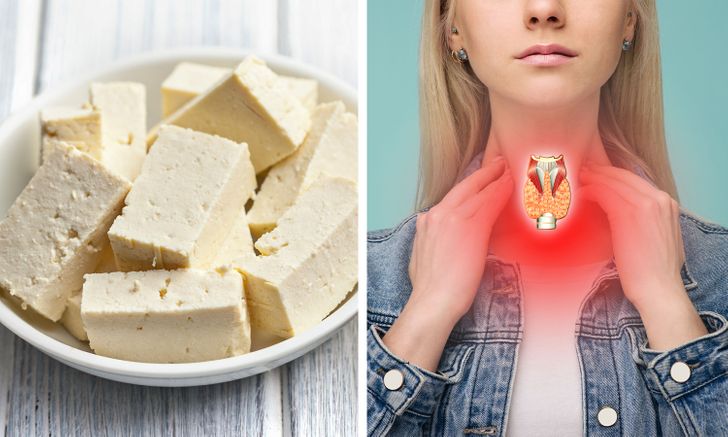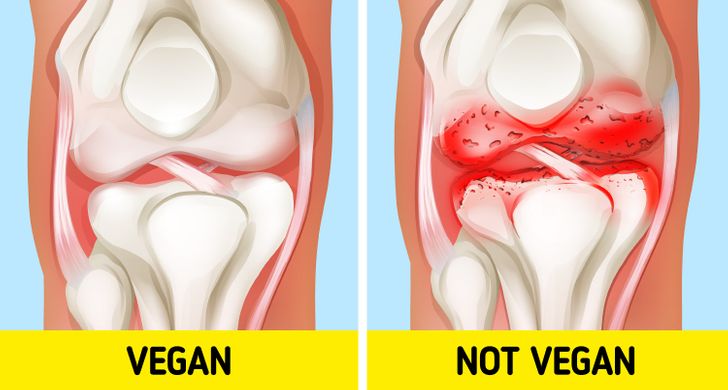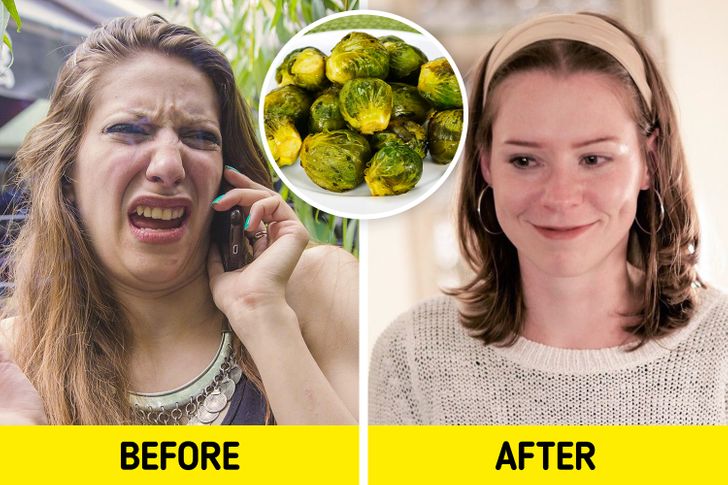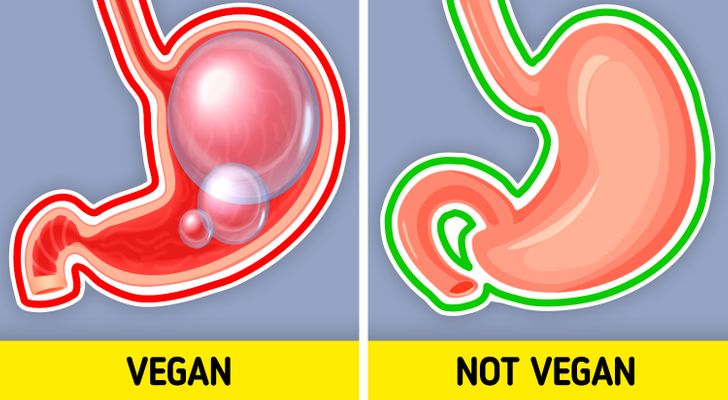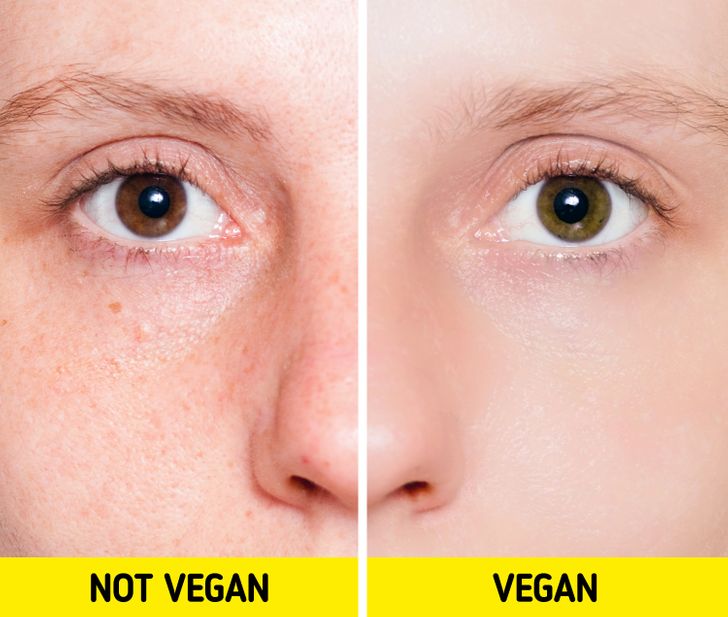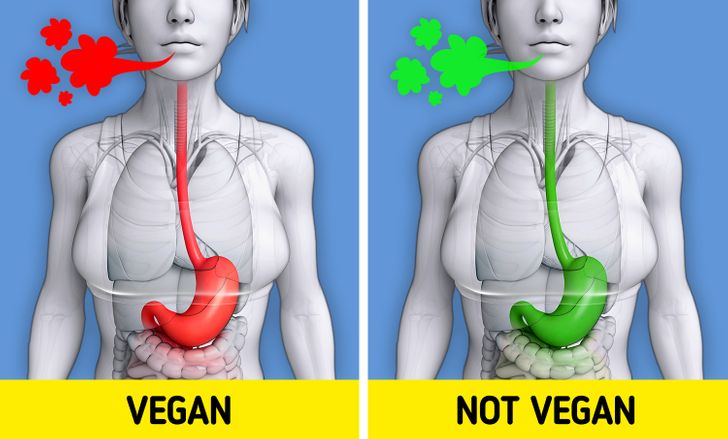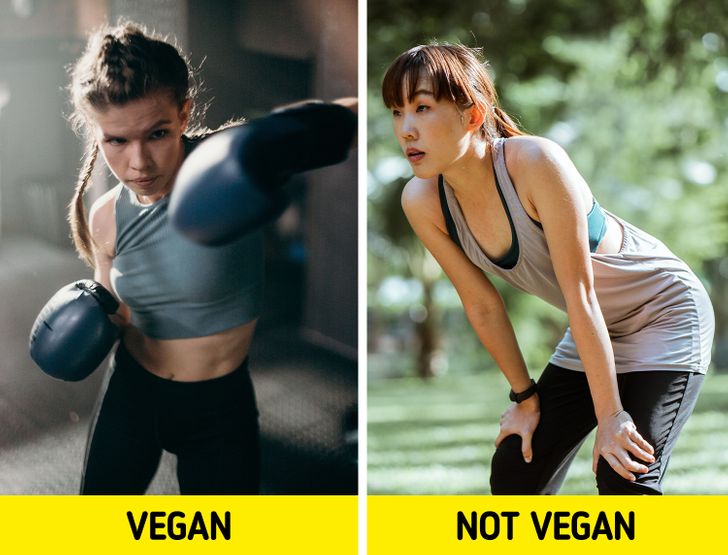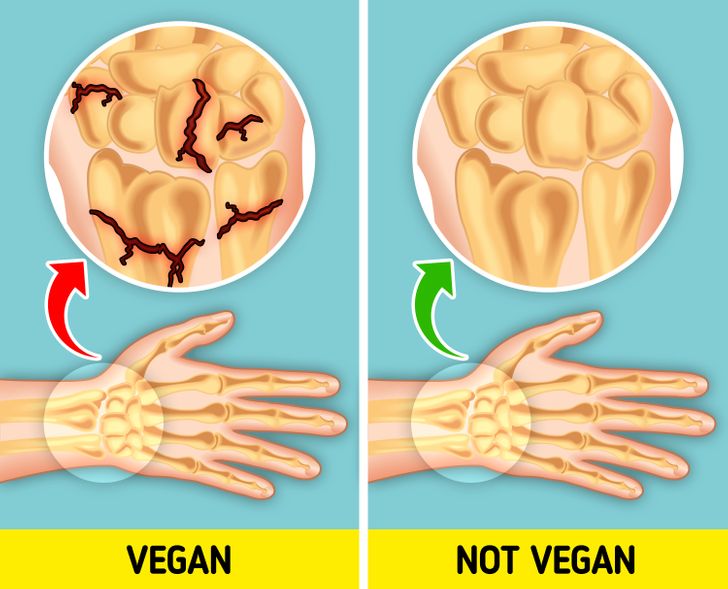i dont wanna be vegan
10 Things That Happen in Our Body When We Go Vegan
Today more and more people are deciding to go vegan. Not only can this change your body, but it can also have a positive impact on the planet. People who follow a vegan diet can experience some things differently from meat-eaters and vegetarians, from the health of their joints and bones to how well they sleep at night.
Bright Side wants to share with you exactly what happens to us when we go vegan, and (spoiler alert) the results are both positive and negative.
1. You may sleep better.
This is because vegans, in general, eat more fibrous food and less saturated fat. A study has found that this may be the perfect recipe for a good night’s sleep. With a plant-based diet, you probably eat more complex carbohydrates that stimulate the release of serotonin, helping you to sleep. This means that eating starchy foods like rice and potatoes before sleeping can help you get a better night’s sleep.
2. You may lose some weight.
3. Your hormones can change.
While soy can be a good meat substitute, eating too much of it can have negative effects on your body. This can happen if you regularly substitute meat protein with soy protein. It has been found that eating large amounts of soy can disrupt your thyroid gland, which is responsible for your hormone control and balance. This can lead to imbalances, meaning that it might be healthier to find other substitutes.
4. Your joints are less inflamed.
Foods such as butter, cheese, and burgers can cause inflammation of your joints because they are high in saturated fats. New research shows that a plant-based diet, specifically veganism, can help with the symptoms of rheumatoid arthritis. This is partly because you won’t be eating as many saturated fats, and also because you will be eating more food that actually fights inflammation.
5. You taste things differently.
Switching from a diet of junk food and animal products that are high in salt, fat, and sugar can affect your taste buds. The sensitivity of your taste buds changes when you start a plant-based diet and cut out animal products and fats. This can mean that you discover a new love for foods that you never liked the taste of before.
6. You become more bloated.
Eating lots of veggies like brussels sprouts, broccoli, and cabbage may mean that you find that your stomach is filled with excess gas. This can leave you bloated, as your body is unable to process all the fibers. Therefore it is recommended that you drink plenty of water on a vegan diet to make sure that your digestive system is healthily digesting your food.
7. Your skin may be clearer.
What we eat can directly impact our skin. Studies suggest that plant-based diets can clear acne and in general improve the health of your skin. By restricting your intake of dairy and eating more foods that are natural antioxidants, you may be doing your skin a favor. It seems that eating a lot of dairy may negatively impact your skin because of the hormones and steroids naturally present in them.
8. Your body odor changes.
Although eating meat can make you release powerfully smelling toxins, vegetables and grains also change your smell. Some vegetables have a lot of natural sulphur in them, like cabbage and onions. When your diet includes many of these, your sweat and breath can start to smell like the food that is broken down in your body.
9. You have more energy.
It appears that a vegan diet can help your energy levels. Plant-based diets are easier for your body to digest, meaning that it isn’t so overworked. When your digestive system is working too hard you can feel lethargic and low on energy. Following a vegan diet can therefore mean that your energy levels are higher and you may notice that you are more productive during the day.
10. Your bones may fracture more easily.
A vegan diet can mean that you can have a lower level of calcium and vitamin D compared to non-vegans. This can leave you with a higher risk for osteoporosis, where your bone density is lower and they can fracture easier, according to a new study done by Oxford. They say that this is partly because vegans have a lower BMI, as they are more likely to have hip, leg, and vertebral fractures.
Would you ever give up meat and dairy? We would love to hear from our vegan readers about how your body has changed after going vegan!
Comments
Related Reads
9 People Share Impossible Events That Horrified Them to Their Core

12 Real Stories Shrouded in Eerie Mystery

15 True Stories That Could Belong in a David Lynch Movie

People Shared 20+ Images to Show That the Power of a Good Clean Can Do Wonders

My Wedding Was Canceled After Overhearing My Future Husband Whispering Behind My Back

10 People Who Checked Into a Hotel and Immediately Wanted to Check Out

17 Things That Made People All Over the Internet Scratch Their Heads in Confusion

12 Dad Stories That Could Fill a Best-Selling Novel

12 People Who Discovered an Eerily Disgusting Truth About a Partner

I Refused to Put Up With My In-Laws Just Because We Owe Them

14 People Who Ultimately Discovered a Harrowing Truth

My DIL Wanted to Kick Me Out of My Own House, but I Was One Step Ahead

